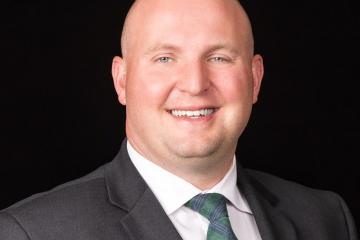Voinovich School of Leadership and Public Service News
Popular Topics
Upcoming Events
Master of Sustainability, Security & Resilience Online Open House
event date
Wednesday, July 30
event time
12:00 PM — 1:00 PM
New Student Convocation
event date
Sunday, August 24
event time
2:30 PM — 3:30 PM
event location
Convocation Center



